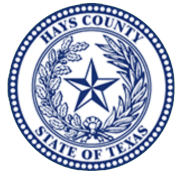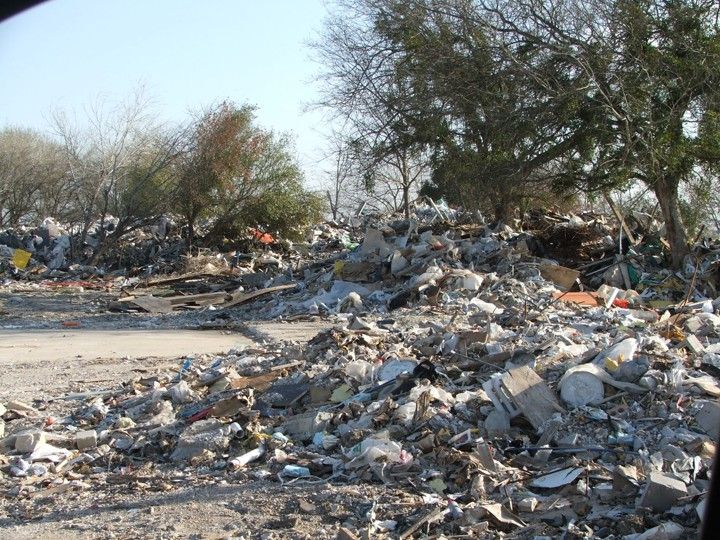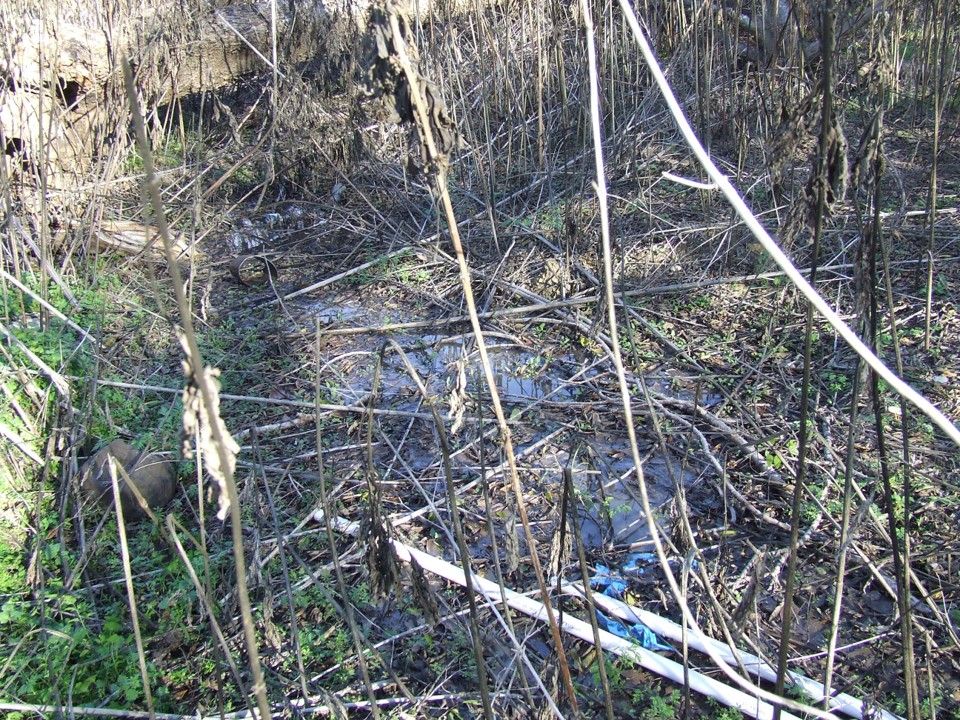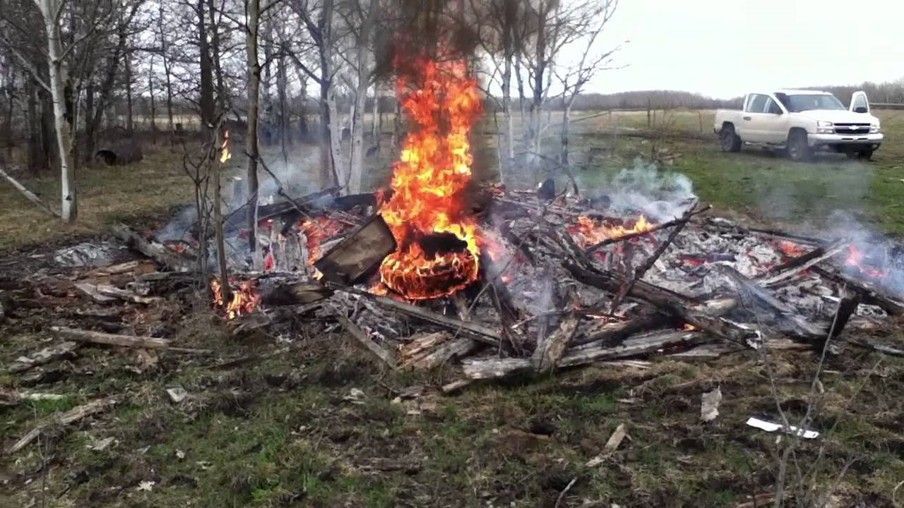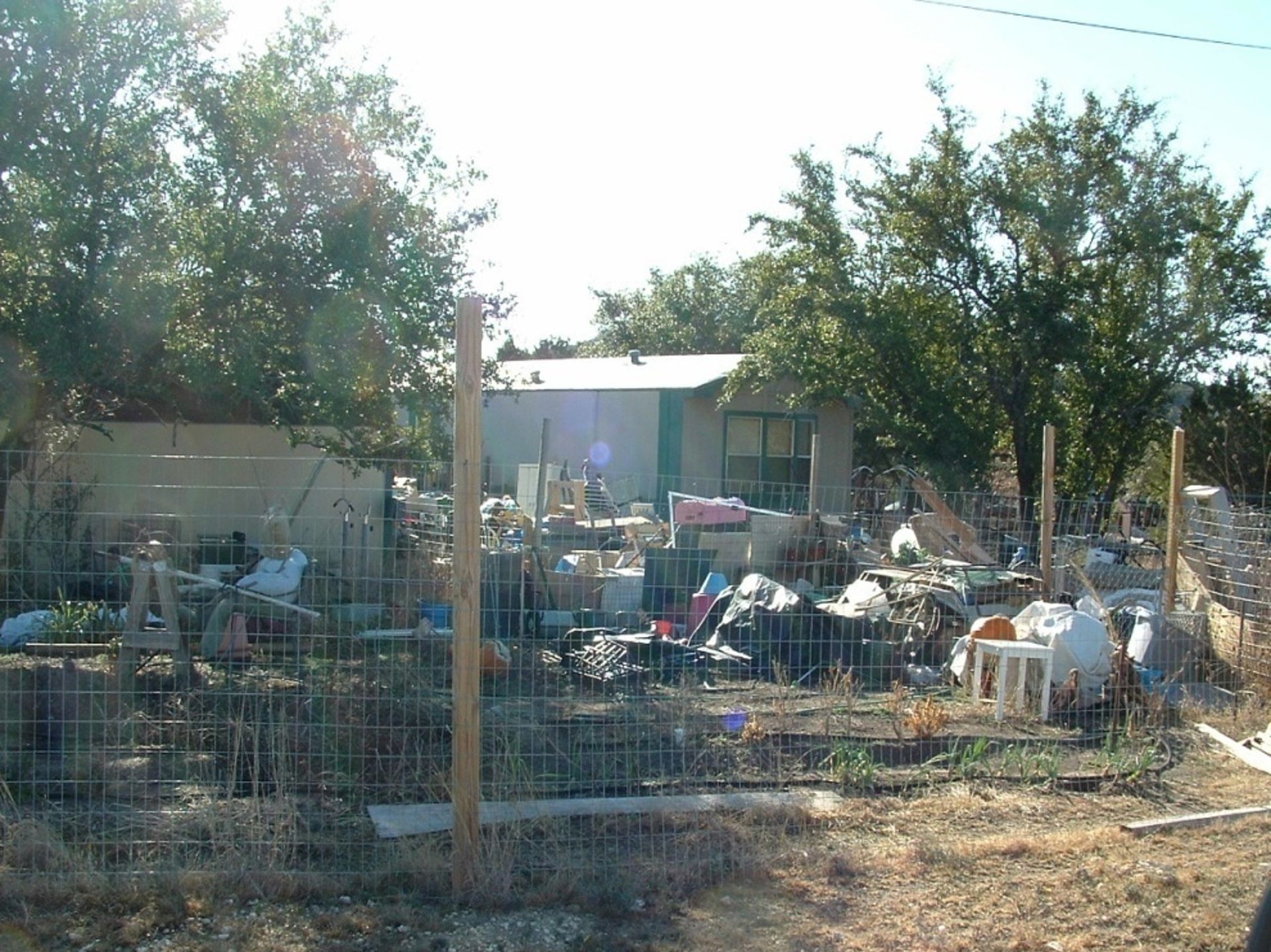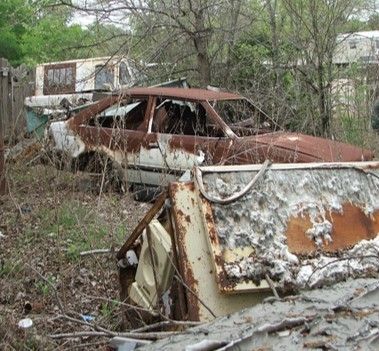Environmental Enforcement Program
Hays County is responsible for state and local environmental laws.
Investigations are conducted into improper storage, transportation or disposal of hazardous materials, used motor oil, batteries and tires. Investigations are also conducted into illegal dumping, outdoor burning and abandoned properties, among other violations.
The Hays County Criminal District Attorney’s Office prosecutes the violators.
To report a suspected environmental violation, please contact the Hays County District Attorney's Office at 512-393-7617 or fill out a complaint form.
More information on laws and policies...
Criminal Environmental Violations in Texas
Illegal Dumping
Chapter 365 of the Texas Health and Safety Code authorizes criminal fines for solid waste violations. The criminal punishments range from a Class C for small amounts of waste to a State Jail Felony for large amounts of waste. Repeat offenses may be enhanced to the next highest punishment level. All Misdemeanor violations are strict liability offenses. Upon a third solid waste conviction under this Chapter, a defendant is subject to the forfeiture provisions of Chapter 59 of the TEXAS CODE OF CRIMINAL PROCEDURE. The civil penalties under Chapter 361 of the HEALTH AND SAFETY CODE can involve amounts not less than $50 per violation, nor greater than $25,000 per violation. Injunctive relief is also available to the county.
Illegal Outdoor Burning
As far as counties are concerned, most of the regulations outlining air quality violations are found in 30 TEXAS ADMINISTRATIVE CODE 101 and 111. These are the general air quality rules written by the Texas Commission on Environmental Quality. They include “nuisance type” emissions as well as the primary enforcement provisions regarding visible emissions, particulate matter restrictions and prohibitions relating to outdoor burning. Criminal violations of the TCAA are promulgated in Section 7.177 of the TEXAS WATER CODE. The criminal violations carry penalties that range from Class C misdemeanors to “super misdemeanors” that include up to 180 days in jail and $50,000 in fines for an individual and as much as $100,000 for a corporate entity. A local government is authorized to file a lawsuit for injunctive relief and/or Civil Penalties up to $25,000 for each day of violation.
Public Nuisances
Regarding Public Nuisances, the Texas Health and Safety Code Chapter 343 carries Class C criminal enforcement provisions and it adds the possibility of a formal abatement process initiated by the County. The formal abatement option only becomes applicable to a county if the Commissioners’ Court adopts a nuisance regulation that is managed by a full-time regularly salaried county employee. If this is done, the detailed abatement procedures contained in the Chapter are then applicable to the unincorporated areas of the county. At the end of this process, Counties are authorized to assess abatement costs against the property and to obtain a lien to secure such an assessment (if strict notice requirements are followed). In addition, the County is authorized to use injunctive relief to prevent or restrain a nuisance.
Public Nuisance Summary (for unincorporated areas of the County)
1. Refuse and Trash
2. Unsanitary Conditions/ Vector Magnets
3. High Weeds (more than 3 feet)
4. Hazardous/Unsafe Buildings
5. Abandoned Pools
6. Flea markets that are Fire Hazards
7. Certain Easement/Visual Obstructions
8. Septic Discharges
Water Pollution
1. Texas has long endeavored to regulate and protect its limited freshwater resources. In doing so Texas has legislatively addressed water use issues for more than a century, and, in the more recent past, enacted some of the most stringent water pollution laws in the nation. Indeed, the enactment of these water pollution laws is legislative recognition of the fact that even small amounts of pollutants in or near our waters can have adverse effects on that precious resource.
2. Regarding compliance and enforcement, the primary Water Pollution provisions are found in Chapters 7 (Criminal) and 26 (Civil) of the TEXAS WATER CODE. The criminal provisions contemplate up to $250,000 fines for certain water pollution offenses and up to 5 years in jail. Instances of misdemeanor unauthorized discharge are strict liability offenses, and each day is a separate offense. Civil enforcement actions carry a civil penalty range from $50 to $25,000. Chapter 7 also authorizes injunctive relief as to a person who ‘committed, is committing or is threatening to commit’ an environmental violation.
Find it Fast
